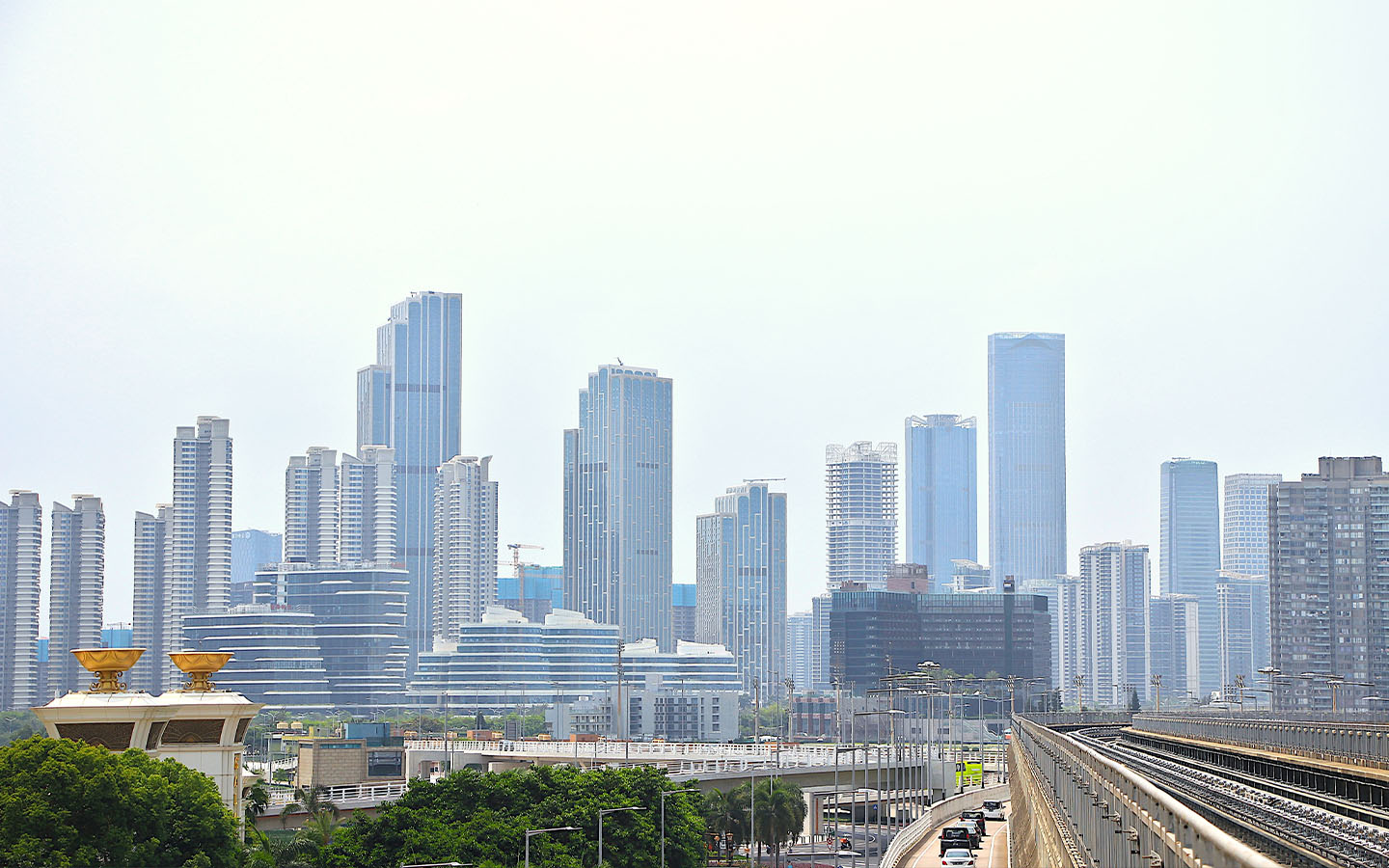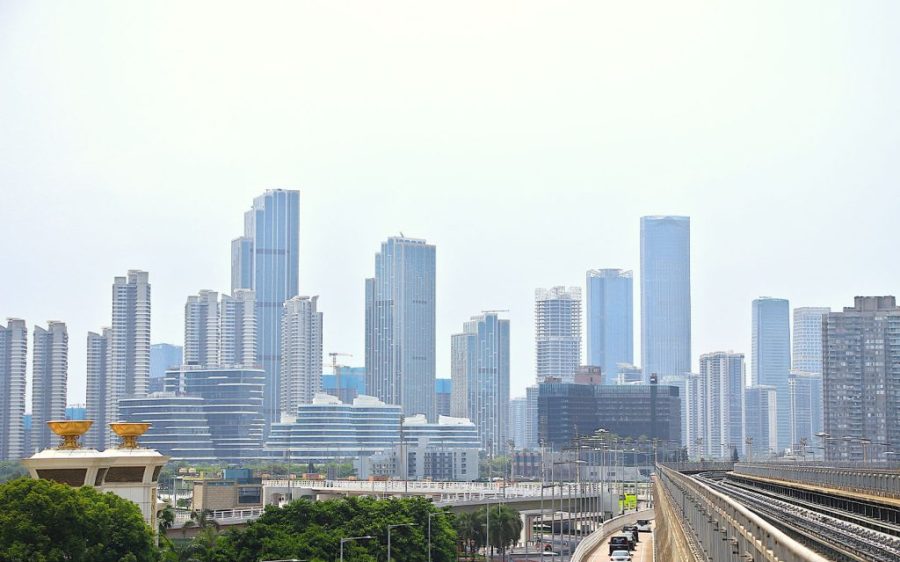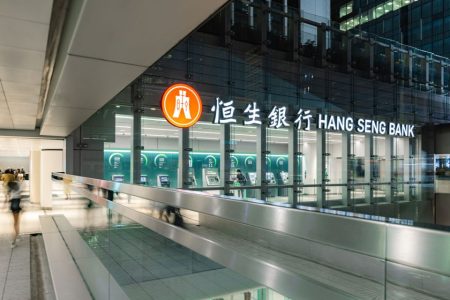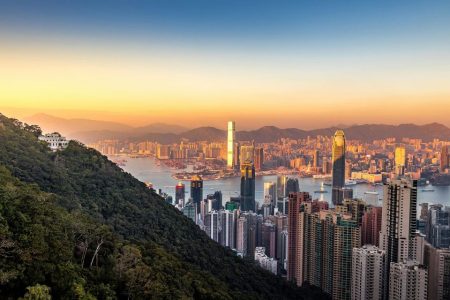Authorities in the Guangdong-Macao Intensive Cooperation Zone in Hengqin have unveiled its industrial development plan for the 2025 to 2029 period, with a focus on advancing integration with Macao and accelerating the growth of the SAR’s key emerging industries.
The plan aims for the four strategic sectors outlined in the SAR’s “1+4” economic diversification strategy to collectively contribute 65 percent of the Cooperation Zone’s gross domestic product by 2029, up from 59.4 percent in 2024. These sectors are technology and advanced manufacturing; life sciences (with an emphasis on traditional Chinese medicine); MICE (meetings, incentives, conventions, and exhibitions) and cultural tourism; and financial technology.
Other targets include tripling the value-added output of Macao-funded industries in Hengqin to 9 billion yuan by 2029, more than doubling the number of high-calibre talents in Hengqin to 20,000, and increasing the number of high-tech companies from 238 to 350.
[See more: Macao and Hengqin join forces to drive innovation in ‘smart tourism’]
These targets are underpinned by a development model that blends “Macao platforms” and “international resources” with Hengqin’s space to achieve shared outcomes, and are part of ongoing efforts to position Hengqin as a key driver of regional integration under the Greater Bay Area initiative. The plan also talks about deepening the “one event, two regions” model of resource sharing between Macao and Hengqin.
To help achieve its goals, the plan outlines a range of measures to make Hengqin a better place to do business. These include stronger protections for companies, efforts to bring in skilled workers, and steps to create a more open and competitive market.
Hengqin, a 106.46 square-kilometre island district of the mainland city of Zhuhai, is co-governed by the Guangdong provincial government and the Macao government. The Cooperation Zone in Hengqin was established in 2021 to give land-scarce Macao the space it needs to grow, largely through facilitating the development of the SAR’s industries beyond gambling.






